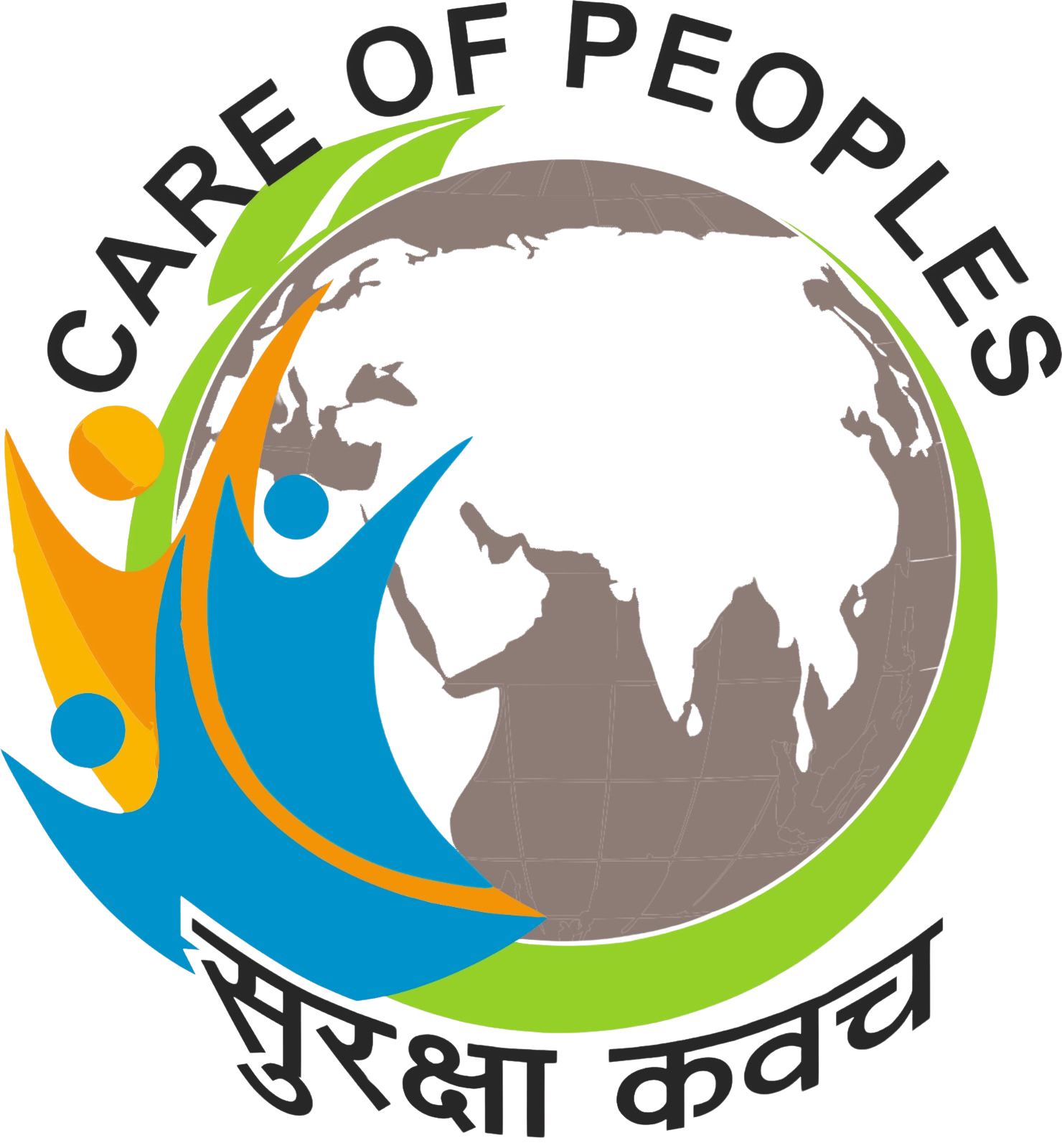Nutrition and food security are fundamental to individual and community health. Nutrition refers to the intake of essential nutrients that the body needs for growth, energy, and overall well-being. A balanced diet, rich in vitamins, minerals, proteins, and carbohydrates, is vital for maintaining health and preventing diseases. Food security is the condition in which all people have consistent access to sufficient, safe, and nutritious food to meet their dietary needs and preferences for an active and healthy life. Ensuring food security involves addressing availability, affordability, and stability of food supplies, as well as empowering communities to produce and access food sustainably. Together, nutrition and food security are essential for fostering resilience, promoting economic stability, and improving quality of life worldwide.



